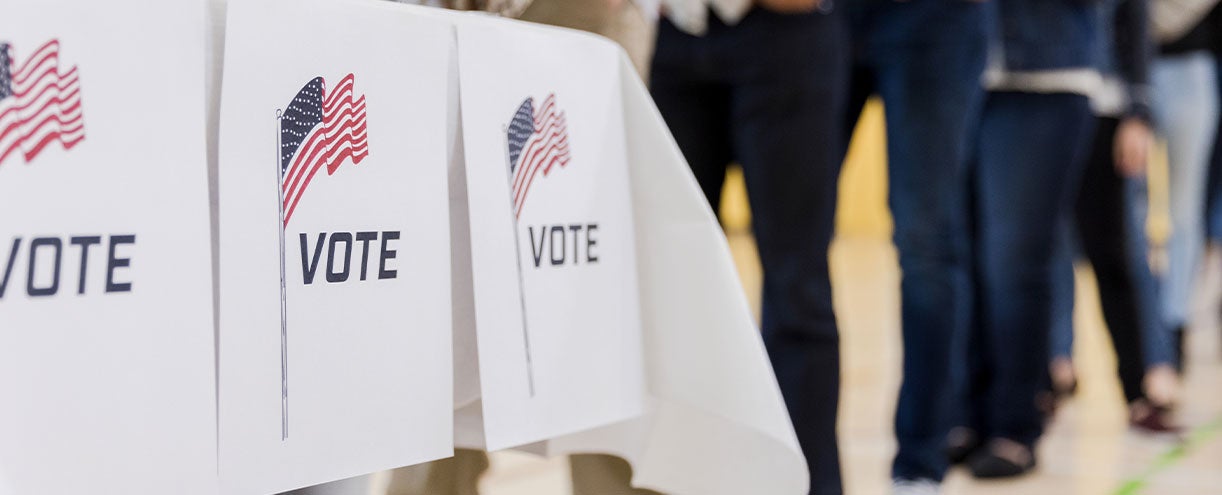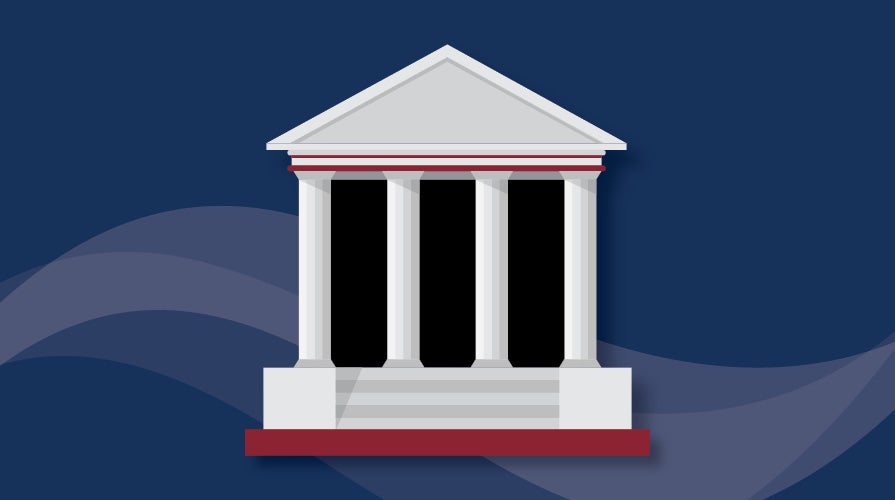New Laws to Understand for 2023-24
The 88th Texas Legislature recently passed several new laws impacting Texas public schools and school officials. Following is information about a handful of laws to keep on your radar as the new school year begins.
Curriculum and Instruction
Senate Bill 2124 requires school districts to develop, as soon as practicable, an advanced mathematics program in middle school that is designed to enable students to take algebra I in eighth grade. A student who performs in the top 40% on the fifth-grade mathematics STAAR, or a local measure, must be automatically enrolled in advanced math in sixth grade unless the student’s parent opts otherwise. Effective immediately, SB 2124 is aimed at increasing the number of students who complete advanced math in high school.
Also, effective immediately, House Bill 3803 reinstates certain provisions that were passed in 2021 to make up for learning loss during the COVID-19 pandemic. Under the new law, parents may elect for their students to repeat a grade up to eighth grade. A parent may also elect for a student to repeat any course for high school credit in which the student was enrolled during the previous year, unless the district determines the student has met all requirements for graduation.
House Bill 900 creates a new statewide process and standards for approval of school library materials, including material available in school and classroom libraries and online catalogs. Most of the new law’s provisions apply to vendors and state agencies, but districts can expect to receive guidance on their role in the months to come. Among other changes, HB 900 requires vendors to rate library materials no later than April 1, 2024. Once vendors provide the ratings, districts must prohibit students from checking out or using sexually relevant material (i.e., material depicting sexual conduct) without written parental consent. This provision is effective in the 2023-24 school year.
Students
Known as the Creating a Respectful and Open World for Natural Hair, or CROWN Act, House Bill 567 prohibits racial discrimination in a dress or grooming code, including in any extracurricular activity, on the basis of textured hair or a protective hairstyle. Protective hairstyles include, but are not limited to, braids, locks, and twists. This law also applies in the employment context and goes into effect Sept. 1.
Effective immediately, House Bill 1212 prohibits districts from requiring a student to provide documentation from a member of the clergy to justify an excused absence for a religious holy day. A note from the student’s parent will suffice.
Extracurriculars
Beginning in the 2023-24 school year, House Bill 2484 requires districts to prohibit a spectator of an extracurricular athletic activity or competition, including a parent of a student participant, from attending any future activity or competition for a period of one to five years if the spectator causes bodily injury to a person serving as referee, judge, or other official in retaliation for the person’s actions taken in performing their duties. Under certain circumstances, HB 2484 also requires a school holding an extracurricular athletic activity or UIL athletic competition to provide an administrator, peace officer, or security personnel to ensure the safety of a referee, judge, or other official while on school property.
House Bill 699 requires UIL to apply the same formula for league classification regardless of whether a district allows non-enrolled (i.e., homeschooled) students to participate in UIL activities. This bill is effective in 2023-24. In addition, House Bill 3708 creates an annual allotment of $1,500 per activity for each non-enrolled student who participates in UIL activities in a district that allows such participation.
Personnel Matters
Transportation directors will be glad to know about House Bill 1789 which provides that the Texas Government Code’s nepotism prohibition does not apply to school districts hiring bus drivers, as long as the board of trustees approves the hiring. This exception goes into effect Sept. 1.
Beginning in 2023-24, Senate Bill 763 allows school districts to employ chaplains or accept chaplains as volunteers for providing students support, services, and programs assigned by the board. The bill requires every school board to take a record vote by March 1, 2024, on whether to adopt a policy authorizing chaplains as employees or volunteers.
School Safety
House Bill 3 makes numerous changes to school safety laws, including requiring districts to assign armed personnel at every campus. Each school board shall determine the appropriate number of armed security officers for each district campus. But unless the board claims a good cause exception due to lack of funding or qualified personnel, the board must ensure at least one armed security officer — specifically, a commissioned peace officer — is present during regular school hours at each campus. If the board claims an exception, the board must provide an alternative plan that may include reliance on a school marshal or an employee or contracted individual who has completed the handgun safety course required for handgun license holders and is authorized to carry a firearm by the district (often called a “guardian”). These requirements go into effect with the 2023-24 school year.
HB 3 also requires each district employee who has regular contact with students to undergo mental health first-aid training. Compliance dates for this provision are staggered, with all employees needing to be trained by 2028-29.
Beginning in 2023-24, House Bill 473 requires a campus’ threat-assessment and safe-and-supportive school team to notify a parent before conducting a threat assessment. The team must give the parent an opportunity to participate in the assessment either in person or remotely and to submit information about the student. After the threat assessment, the team must provide the parent with its findings and conclusions about the student.
This article is provided for educational purposes and contains information to facilitate a general understanding of the law. References to judicial or other official proceedings are intended to be a fair and impartial account of public records, which may contain allegations that are not true. This publication is not an exhaustive treatment of the law, nor is it intended to substitute for the advice of an attorney. Consult your own attorney to apply these legal principles to specific fact situations.





